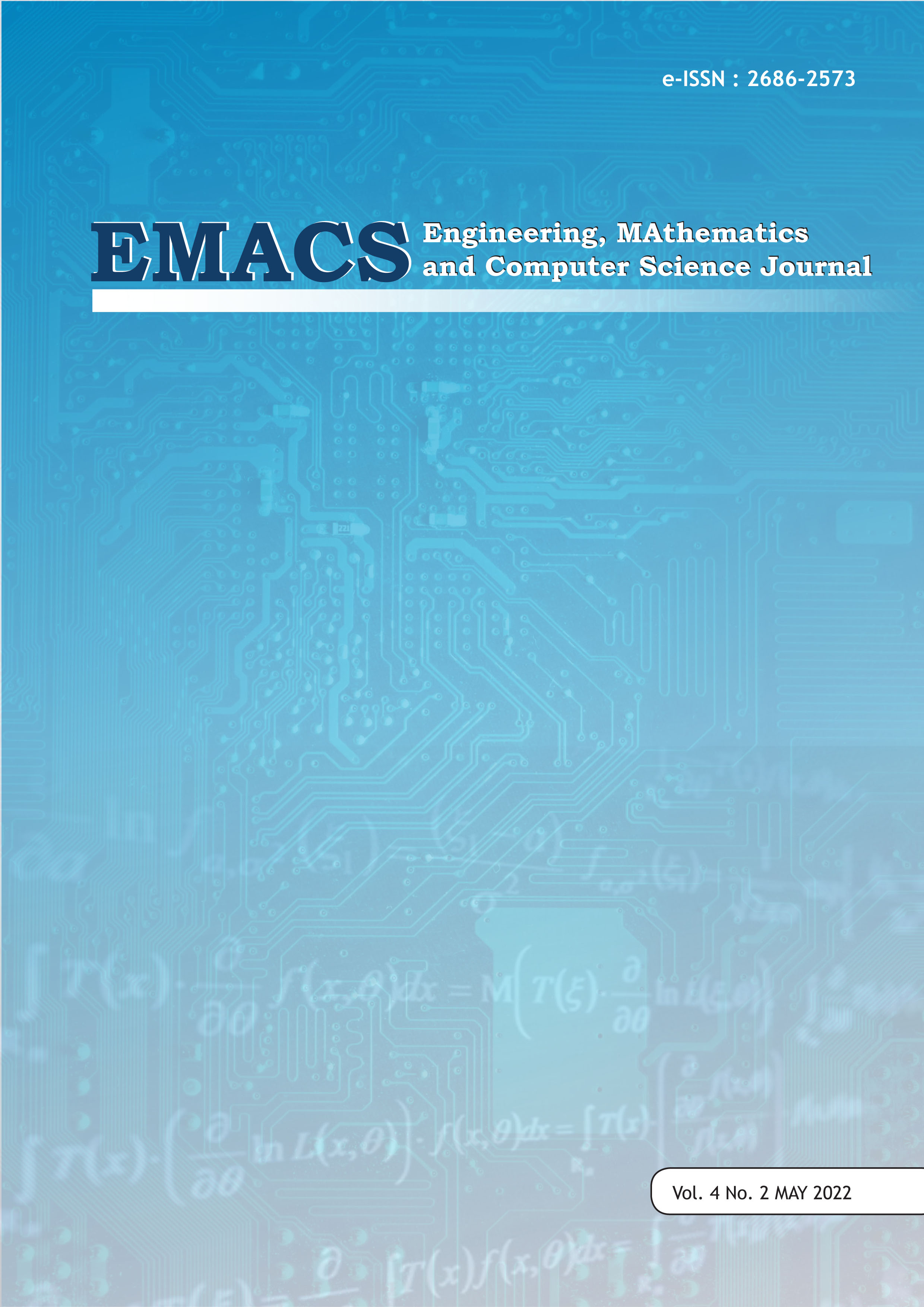Developing "EMBER": A Fantasy Puzzle Adventure Game with An Approach to Agile by Applying Game-Scrum Methodology
DOI:
https://doi.org/10.21512/emacsjournal.v4i2.8428Keywords:
Game-Scrum, Agile, Game Development, Adventure GameAbstract
Digital games development process is often done using traditional methods. Many digital game developers believe that the game development process cannot be equated and use other software development methods because game development is not only focused on technical processes such as programming and coding but also creative processes such as asset and display design. In this study, the process of developing a fantasy adventure puzzle game was carried out using the Game-Scrum approach, a method modified from the Agile Scrum method. As well as the software development process using the agile method, game development using this method is carried out with an iterative process where each process allows an update of the feedback given to each sprint backlog. At the end of the study it was concluded that although there were still some things that had to be adjusted, basically the Game Scrum method could be adapted for the development of a digital game.
References
Akta, A. &. (2014). A Survey of Computer Game Development. The Journal of Defense Modeling and Simulation: Applications, Methodology, Technology.
C. Mario, Z. J. (2017). A DSD Experience for Game Development Among Colombian Students. Developments in Business Simulation and Experiential Learning.
C.Politowski, L. F. (2016). Are the Old Days Gone? A Survey on Actual Software Engineering Processes in Video Game Industry. the 5th International Workshop on Games and Software Engineering,, (pp. 22-28).
Cooper, R. G. (2014). Invited Article: What’s Next?: After Stage-Gate. Research-Technology Management.
Da Cruz, J. R., Gonçalves, L. S., & Magalhães , A. P. (2019). Agile Scrum Methodology: implementation by the nurse in an educational game on safe medication management. SciELO.
Folmer, E. (2007). Game Development A Solution to Escalating Costs and Expanding Deadlines? 10th international conference on Componentbased software engineering, (pp. 66-73).
Gaspar, J. D., Lage, E. M., Da Silva, F. J., Mineiro, É., De Oliveira, I. J., Oliveira, I., . . . Nog. (2020). A Mobile Serious Game About the Pandemic (COVID-19 - Did You Know?): Design and Evaluation Study. JMIR Serious Games.
Handoko, P. T., Nugroho, E. W., & Harnadi, B. (2022). Increasing Knowledge About History of Hindu Empire in Indonesia with Game “Indo Trivia”. Journal of Bussiness and Technology, 1-6.
Hodgson, D. &. (2013). Controlling the uncontrollable: “Agile” teams and illusions of autonomy in creative work. Work Employment and Society, 308-325.
Kristiadi, D. P., Sudarto, F., Sugiarto, D., Sambera, R., Warnars, H., & Hashimoto, K. (2020). Game Development with Scrum methodology. 2019 International Congress on Applied Information Technology. IEEE.
Wahyono, T. W. (2017). Building a popular mobile application by utilizing user feedback. . . Innovative and Creative Information Technology (ICITech), 2017 International Conference on, Salatiga, Indonesia.
Zhu, M., & Wang, A. I. (2019). Model-driven Game Development: A Literature Review. ACM Computing Surveys, 123-155.
Downloads
Published
How to Cite
Issue
Section
License
Copyright (c) 2022 Engineering, MAthematics and Computer Science (EMACS) Journal

This work is licensed under a Creative Commons Attribution-ShareAlike 4.0 International License.
Authors who publish with this journal agree to the following terms:
- Authors retain copyright and grant the journal right of first publication with the work simultaneously licensed under a Creative Commons Attribution License - Share Alike that allows others to share the work with an acknowledgment of the work's authorship and initial publication in this journal.
- Authors are able to enter into separate, additional contractual arrangements for the non-exclusive distribution of the journal's published version of the work (e.g., post it to an institutional repository or publish it in a book), with an acknowledgment of its initial publication in this journal.
- Authors are permitted and encouraged to post their work online (e.g., in institutional repositories or on their website) prior to and during the submission process, as it can lead to productive exchanges, as well as earlier and greater citation of published work.
USER RIGHTS
All articles published Open Access will be immediately and permanently free for everyone to read and download. We are continuously working with our author communities to select the best choice of license options, currently being defined for this journal as follows: Creative Commons Attribution-Share Alike (CC BY-SA)





